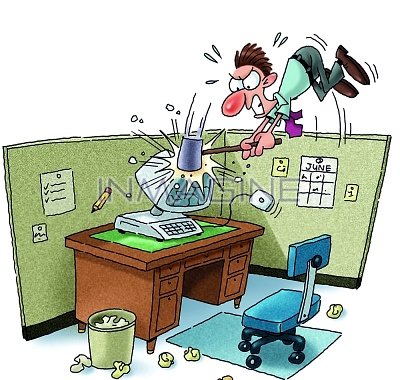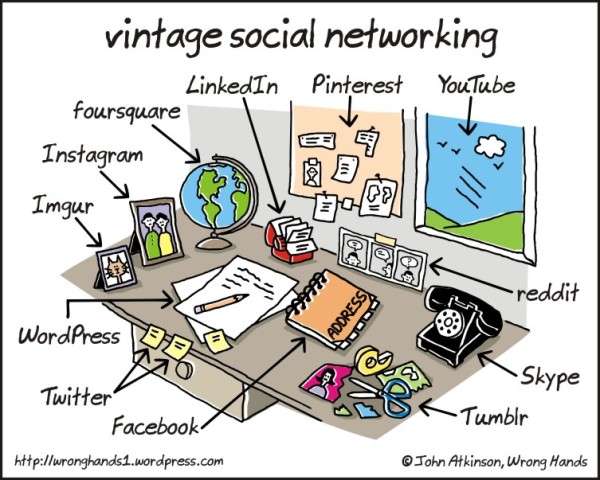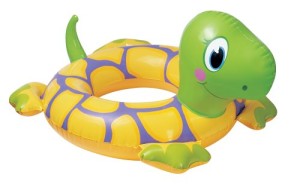
So now that I have your attention *rubbing hands in evil glee* … I bumped into this article by Paul Miller detailing the year he spent offline. He says it wasn’t what he thought it would be, and he didn’t achieve what he expected. I’ve never really understood the allure of web-detox. I mean, I get the impetus and reasoning behind it. I get that every once in a while, we feel like maybe we’re spending too much time on – for example – social media, like maybe we’re watching our lives fade away as we struggle for likes, retweets, and comments.
Maybe we realize (or – more likely – some well meaning offliner berates us) that our time would be better spent out in the fresh air, with actual real people. I’ve taken a few twitter breaks myself, but not for the usual reasons. Most people I know that went offline felt they were ‘wasting time’ on the internet, and needed to prove – to themselves and other people – that they could live without it. Twitter, specifically, has been labelled an addiction, and the quickest way to show the world you don’t have a problem is to calmly walk away.
In my case, my twitter breaks have had nothing to do with addiction and everything to do with emotional conflict between online friends, because to me, every one of my online friends is real. To some, that in itself is a sign of addiction. But I’ve never really worried about my ‘internet addiction’, even when friends, colleagues, and bosses thought otherwise. Someone once asked me if I’d been on Twitter that day, and I said, “I passed by at 6.00 but haven’t been back.” He laughed and said, ‘You talk about it like it’s an actual place where you go hang out.” For me, the internet isn’t a distraction from life. It’s an extension of it.
Ever since I was a kid, I loved to read. I would sneak novels into parties, church services, chores, and even bodily functions. I was the kid with a backpack crossing the road unseeing because my nose was buried in a storybook. So, for me, spending my daily commute buried in a twitter app or blog is no different that spending it in the Song of Ice and Fire.
I am , by nature, a loner. I prefer my own company and keep myself occupied. I spend the bulk of my life hiding inside my head, because it’s limitless fun, and perfectly safe. For me, entertainment is just another way to spend time alone. I take quiet walks, swims, or bike rides. I watch series and analyse them. I read and write stories, drama, poetry.
I’ve always carried a little journal where I’d jot down random ideas. So for me, twitter is simply an extension of my pocket-sized notebook. Except it’s a beta version, because every once in a while, somebody comments on my random jottings, and sometimes, the commentary is useful. I’ve had pen-pals since primary school, so the friends I make via Twitter, blogs, or chat rooms are simply the next stage in my long-distance friendship evolution. I’ve even fallen in love online, and I see nothing strange about it.

There used to be a myth that people in chat rooms were weird unattractive geeks in basements. (I say that with all the love in the world, seeing as I have a well-documented geek fetish.) That’s not necessarily true anymore. We also have a lot of ‘thought leaders’ and ‘influencers’ online. We have smart people and dumb people and rich people and gorgeous people. We have people who hang out on the net for sheer pleasure, and others who would sell a nude photo kidney just to get the strangers online to notice them.
What’s common with all these people is that the internet doesn’t create them. It enables them. Twitter allows loners like me to mingle without leaving the comfort of my couch, so whether I had a Seacom Cable or not, my Friday nights would still involve rock music and my sofa. Similarly, the socialites who visit every club they can and brag about it would do so whether or not they had Foursquare mayor-ships as social proof.
The internet didn’t create cyber-bullies. It simple gave mean people an outlet to attack people without getting their noses broken. It didn’t cheapen women by making it ‘okay’ to post nude pics. It just gave closet porn stars a ready audience. It didn’t make anyone braver or louder or more reckless. It just made them less likely to worry about the consequences of actions they would have taken either way.
The internet is simply a tool, a weapon, and amplifier of the people that we already are. Saying that the internet stops children from functioning in the outdoors, or adults from resolving issues in a mature way, is like saying mobile phones make people dishonest and tardy, which incidentally, people say all the time. They reminisce about the good old days where people never bounced their dates or missed appointments, the times when you’d wait at a specific phone booth at a specific time for a call from the boy you liked.
15 years ago, nobody in Kenya had even heard of mobile phones, and now I wonder how we ever coped without them. Here’s the thing – we don’t have to. Before mobile phones, we lived, and now that we have them, we’ve evolved and built our lives around them. We can’t go back to ‘before mobile phones’ because we’re a different species now, a kind of homo-mobilis. Abandoning your cell phone to prove a point is like throwing out your fridge, shedding your clothes, and grabbing a stone to go hunting. You could do it, and you might even enjoy it, but there’s no reason why you should.
The question will always arise about spending too much time online. But like Paul Miller found out, spending time offline doesn’t necessarily equate to getting more done. When you quit drinking or smoking, you might suddenly find that you have more time and money to do other things, but it doesn’t necessarily mean you’ll want to. It’s like giving a nerd a football helmet, or giving a jock a book. Horses, water, yadda yadda yadda. Still, if you really do want to go outside, meet people, get laid and do ‘real stuff’, the internet isn’t really stopping you.
♫ The sacrifice ♫ 12 stones ♫


